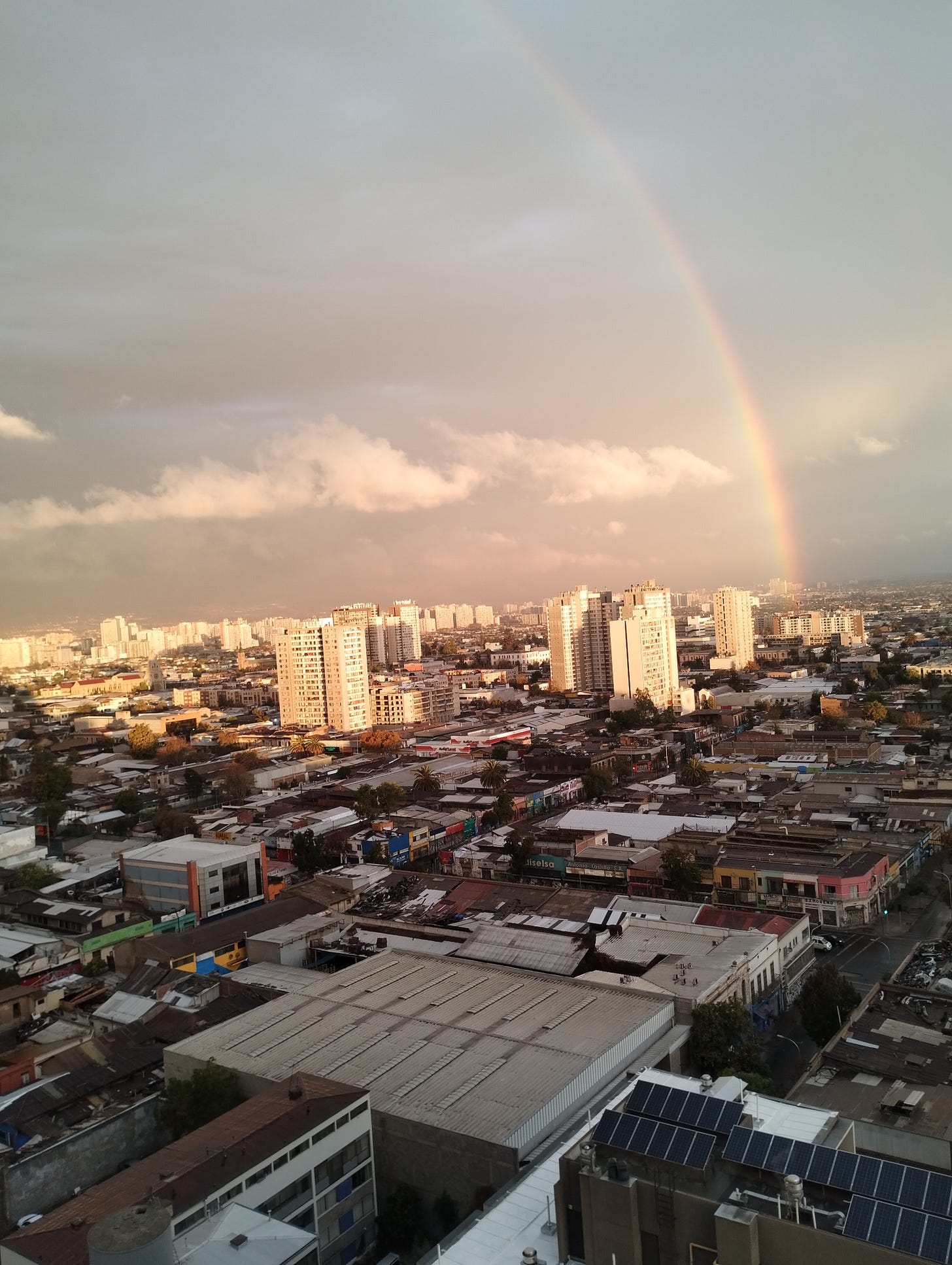No matter what we do, repetition leads to normalization.
That's why farewells in nomadic life become more manageable. Nowadays, I leave a destination with much less suffering than before. I've done this a thousand times. That's how things work: life moves forward, time passes, and this cycle ends. You can't be a nomad and be nostalgic.
This doesn't mean each farewell isn't done with a pinch of suffering. It's painful to look at the apartment where I spent the last month as I start packing my bags and think about the local life that is being left behind.
I lived there for a month, and I had a routine of repetition, which would fall into the limbo of memories in a few hours. What would my life be like if I stayed longer in each destination? I'll never know, like I'll never know what my life would be like if I hadn't been a nomad.
Not having a farewell means perpetuating oneself somewhere, making a big farewell, and rooting oneself again in one place. Will it work? And the future small trips? Every displacement implies farewell, even a prosaic bar with friends.
Life is a great art of farewell. We bid farewell to our kindergarten classmates, teachers, grandparents, teenage friends, ex-girlfriends, and friendships and loves of ephemeral nature. We bid farewell to people and places all the time. We bid farewell to illnesses, the pandemic, a rented car, Chandler, and presidents.
Nomadism only adds a little more to the farewell list. Supposedly, you get more used to it. But we will never be ready for farewells. They will have some degree of suffering, even farewells that happen without warning that they are farewells. Having such degree of pain is healthy: it means you enjoyed your last days.
I bid farewell to this text by thanking No Direction Home's readers, who have motivated me to continue with this project for over a year. If you enjoy the reflections in this newsletter, consider a contribution.
See you in the next edition!



